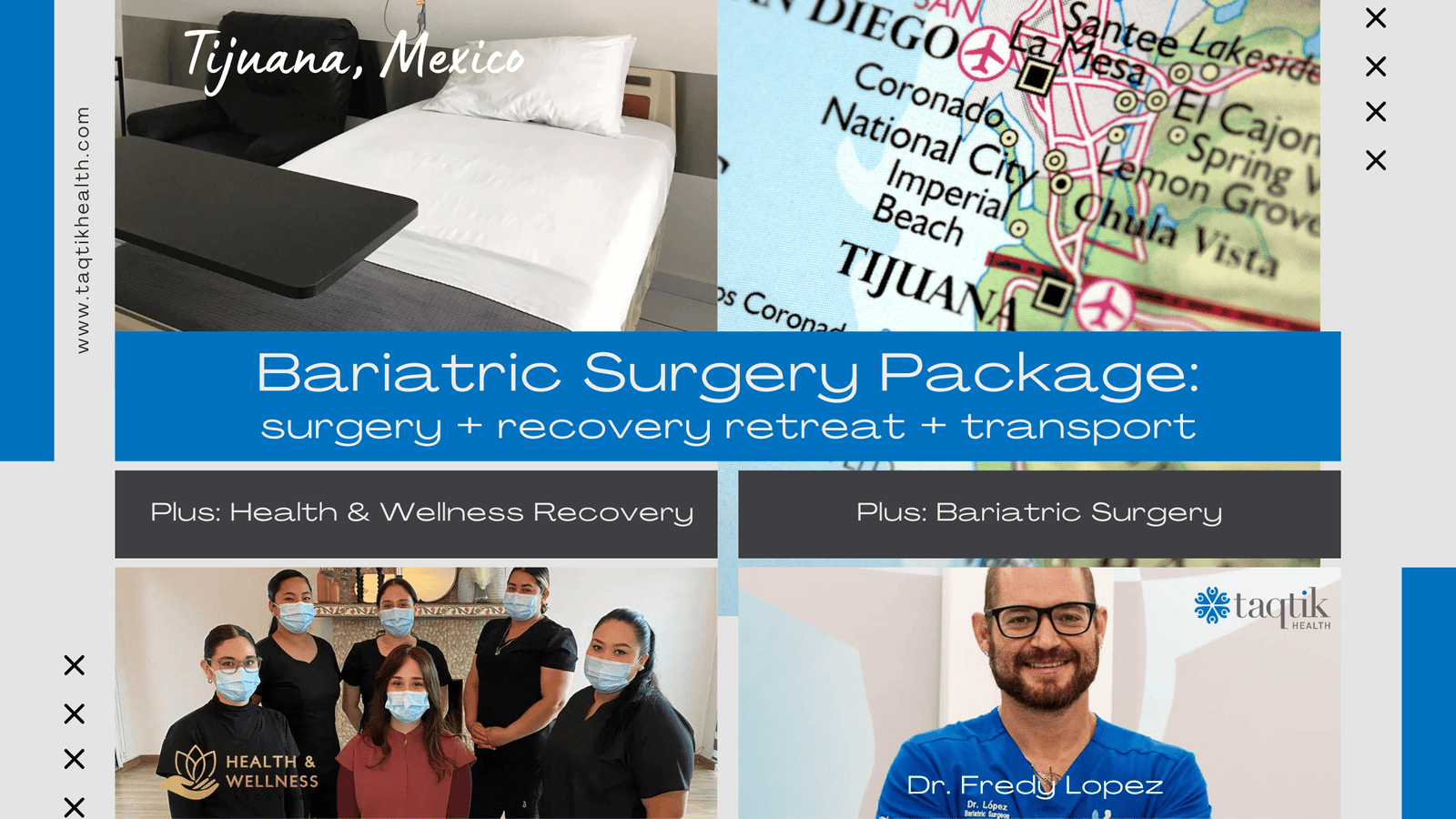Navigating Health During Stress: Challenges and Strategies
Navigating the intricate lanes of modern life, you encounter stress, a pervasive companion that may cast profound impacts on your well-being. Juggling work, family, and personal life sparks a vital query: How formidable is the challenge to preserve health amidst stress? Let's navigate through the challenges stress imposes on your health, such as processed food addiction and medication management, and uncover practical strategies to uphold your well-being even amidst life’s pressures.
Unveiling the Connection Between Stress and Health:
- Physical Health Impact: Chronic stress can levy a hefty toll on your physical health, potentially leading to elevated blood pressure, diminished immune functionality, and a heightened risk of heart disease. Your body's emergency response, the "fight or flight" mechanism, might become overactive, navigating towards long-term health concerns.
- Mental Health Consequences: Stress carves a pathway closely tied to mental health issues, including anxiety and depression. Persistent stress can nurture or worsen these conditions, necessitating that you address stress to safeguard mental well-being.
Navigating the Tides of Healthy Choices Amidst Stress:
- Emotional Eating and Food Addiction: Stress often nudges you towards emotional eating and an addiction to processed foods, whereby comfort foods, rich in sugar, salt, and unhealthy fats, become a coping tactic. These choices can steer you towards weight gain, nutritional deficiencies, and a cyclic dependency on processed foods.
- Reliance on Medication: Stress can also channel you towards an increased reliance on medications, especially those tailored for managing anxiety, depression, and other stress-oriented conditions. Overutilization or mishandling of medication may navigate towards detrimental health outcomes.
- Sleep Deficiencies: Stress can interrupt your sleep patterns, propelling you towards insomnia or suboptimal sleep quality. Lack of sleep can influence cognitive function, mood, and overall health, further entwining you in unhealthy eating habits and medication dependence.
- Diminished Physical Activity: Amidst stress, maintaining a commitment to physical activity becomes a daunting voyage. This may navigate you towards a sedentary lifestyle, detrimental to health, and exacerbate the cyclical pattern of stress, unhealthy eating, and medication application.
Strategies to Uphold Health Amidst Stress:
- Harnessing Stress Management Techniques: Embark on a journey with stress management strategies, such as mindfulness, deep breathing, meditation, or yoga. These practices can guide you towards reduced stress hormone levels, promote relaxation, and assist in breaking free from food addiction and minimizing medication dependence.
- Adopting Healthy Eating Habits: Turn your sails towards a nutritious diet by ensuring a balanced intake. Curtail processed foods and sugars, and prioritize whole foods that nourish your body. Seek support or counseling to navigate through food addiction.
- Navigating Medication Management: Engage in dialogues with your healthcare provider to explore your medication regimen. Investigate if modifications or alternative treatments may present a viable course to diminish reliance on stress-related medications.
- Incorporating Regular Exercise: Embed physical activity into your routine, even a brief walk suffices. Exercise unveils a path to endorphin release, enhancing mood, alleviating stress, and supporting efforts to detach from unhealthy habits and medication utilization.
- Ensuring Adequate Sleep: Prioritize sleep hygiene to enhance sleep quality. Rejuvenating sleep can reduce stress, ease healthy food choices, and trim down reliance on sleep-influencing medications.
- Leveraging Social Support: Leverage your friends, family, or support groups for emotional backing during stressful epochs and while working to overcome food addiction and minimize medication dependence. Sharing your journey offers relief and a sense of connection.
- Seeking Professional Assistance: Should stress, food addiction, and medication reliance overwhelm and begin steering your daily life off course, consider seeking the support of a mental health professional or addiction counselor. They can guide, support, and strategize with you to manage stress, navigate through food addiction, and minimize medication utilization.
In conclusion, preserving health amidst stress and navigating through food addiction and medication reliance is undeniably a challenging voyage. Acknowledging the impact of stress on both physical and mental health is your starting point. By adopting practical strategies to manage stress, prioritize self-care, break free from unhealthy habits, and seek support for food addiction and medication management, you can navigate through its negative impacts and maintain your well-being. Remember, your health is an invaluable treasure, and investing in it, particularly amidst turbulent times, is a crucial endeavor.
Overcoming Challenges on Your Journey to Weight Loss and Health
Overcoming Challenges on Your Journey to Weight Loss and HealthContinue reading→
Remote Patient Monitoring: A Game-Changer in Diabetes Management
In the face of a global diabetes epidemic, with the International Diabetes Federation estimating 537 million adults living with this condition worldwide in 2021 and projecting a rise to 643 million by 2030, innovative solutions like Remote Patient Monitoring (RPM) are more critical than ever. Taqtik Health leverages RPM technology to transform diabetes management, offering a new...Continue reading→
Bariatric Surgery: Local or Overseas? Your Ultimate Guide by Taqtik Health
Embarking on the journey to weight loss through bariatric surgery is a significant decision that requires careful consideration. One crucial aspect to weigh is whether to have the procedure locally or overseas, but that's not all. At Taqtik Health, we understand the importance of making an informed choice, and we are here to guide you...Continue reading→
Embark on a Transformation Journey: Bariatric Surgery in Bangkok
Bariatric Surgery Bangkok Are you ready to embrace a healthier, more fulfilling life? Dr. Ratchamon Pinyoteppratarn at Pat Ransit Hospital in the vibrant heart of Bangkok, Thailand, is here to guide you on your transformative journey. Discover the incredible promotion for bariatric surgery in this bustling metropolis, featuring options like gastric sleeve and gastric bypass....Continue reading→
Transform Your Life with Bariatric Surgery in Mexico
If you're on a journey to regain control of your health and transform your life through weight loss, look no further than the expertise of Dr. Sergio Del Hoyo at CMQ Premier Hospital in beautiful Puerto Vallarta, Mexico. Dr. Del Hoyo is a renowned specialist in bariatric surgery, offering top-notch medical care and life-changing procedures...Continue reading→
Understanding the Obesity-Depression Connection and the Transformative Power of Bariatric Surgery
Introduction: At Taqtik Health, we understand the complexities of health issues like obesity and depression. Recent studies have uncovered a deeper connection between these two conditions, offering new insights into their management, especially the role of bariatric surgery. The Interlinked Path of Obesity and Depression: Recent research, including a study from the University of Cambridge,...Continue reading→
Unveiling the Facts: Healthcare Price Transparency with Taqtik Health
Introduction: The Era of Informed Healthcare Choices At Taqtik Health, we understand that navigating the healthcare system can be daunting, especially when it comes to understanding the costs involved. This is why we're delving into the crucial topic of healthcare price transparency in both public and private healthcare sectors. Our aim is to shed light...Continue reading→
The Vital Role of Preventive Healthcare
Introduction to Preventative Care In today's healthcare landscape, where the focus often lies in treating diseases, Taqtik Health champions a fundamentally proactive approach – preventive healthcare. This shift from a reactive to a preventive care model is not merely a passing trend; rather, it is a crucial step towards fostering a healthier society. Understanding Preventive...Continue reading→
Life After Bariatric Surgery: Navigating Your New Lifestyle and Overcoming Challenges
Embarking on life after bariatric surgery is a transformative journey that requires commitment and adaptation. As you transition into this new phase, it's important to understand the lifestyle changes and challenges you may encounter. Embrace New Eating Habits After bariatric surgery, adopting new eating habits becomes crucial. You'll need to prioritize portion control and mindful...Continue reading→
Meet Dr. Juan Emerio Hernández – Bariatric Surgery, Mexico
Meet Dr. Juan Emerio Hernández who performs bariatric surgery in several cities in Mexico! If you are looking for one of the best certified bariatric and metabolic surgeons in Mexico, you are in the right place. Dr. Hernández offers laparoscopic gastric bypass and sleeve gastrectomy all-inclusive packages in Cancun, Matamoros, and in Guadalajara as well. All his...Continue reading→




















